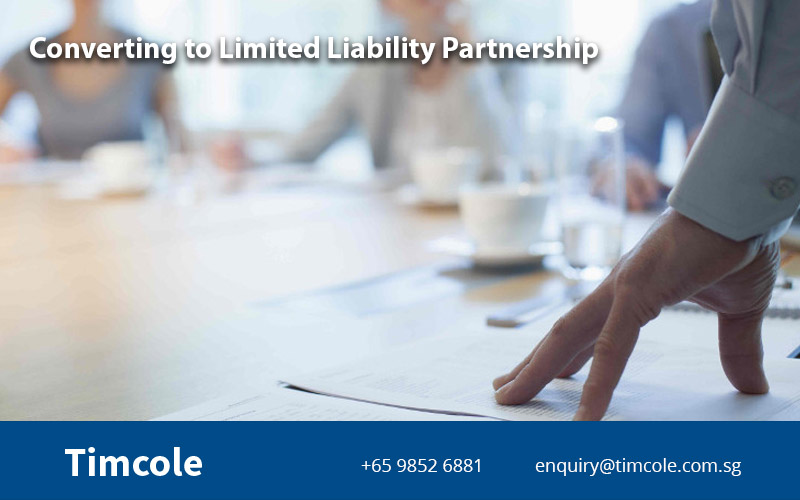| Aspect |
Sole Proprietorship |
Private Limited Company (Pte Ltd) |
Limited Liability Partnership (LLP) |
| Legal Entity |
Owner and the business are one legal entity. |
All shareholders and the business are separate legal entity. |
All partners and the business are separate legal entity. |
| Liability |
As the owner and the business are considered one under the law, the owner holds unlimited liability for all outstanding debts and legal actions against the business. |
The business takes its own financial and legal liability. Shareholders are not legally and financially responsible for all liability against the business. |
The business takes its own financial liability. Partners are not financially responsible for any liability against the business, or other partners’ wrongdoings in the business. |
| Capital |
Difficult in raising capital. Capital may be limited to the owner’s own finance and profits from the business. |
Easier to raise capital with more public funding-options available. |
Difficult in raising capital. Capital may be limited to members’ contributions and profits from the business. |
| Taxation |
Tax is determined by personal income tax rate, thus, higher than the corporate tax rate. |
Tax is determined by corporate income tax rate. You benefit from tax incentives offered to the entity. |
Tax is determined by personal income tax rate, thus, higher than the corporate tax rate. |
| Perpetual Succession |
The owner’s retirement or demise marks the cessation of the business. |
Endure structure beyond any shareholder’s retirement or demise. Equity shares go on in perpetuity. |
A partner’s demise marks the cessation of the business. |
| Public Perception |
Low public perception which may affect business cooperation, loan applications and higher difficulty in hiring high-caliber employees. |
High credibility and strong public perception. It stands a better chance in successful business dealings, loan approval and hiring of high-caliber employees. |
Moderate public perception which may affect business cooperation, loan applications and difficulty in hiring high-caliber employees. |
| Government Grants |
Limited grants available. |
More grants available. |
Some grants available. |
| Administration |
Lighter compliance and administrative burdens. |
More compliance and heavier administrative burden. In case of termination, a more complex procedure involved. More restrictions and governed under Singapore Companies Act. |
Moderate administrative burden. In case of termination, a complex procedure involved. Some restrictions and governed under Singapore Companies Act. |


